3 Tips to Make the Most Impact with a Mobile Medical Vehicle
Mobile medical vehicles fill gaps in healthcare in the United States and many places throughout the world. Medical vehicles are typically large...
4 min read
Craftsmen Industries Apr 22, 2023 5:14:07 PM
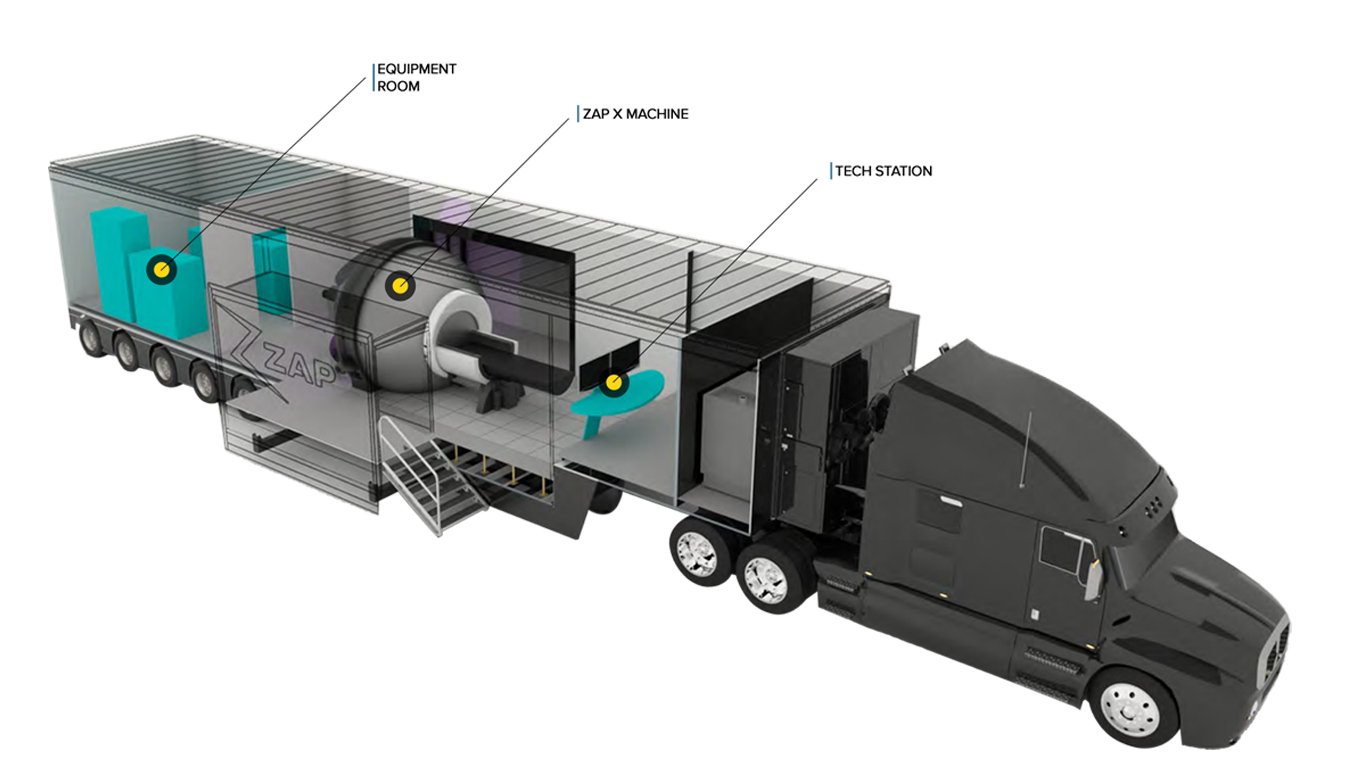
Traditional radiation therapy is not always available for cancer patients. Not all places have radiation therapy centers, and patients often have to travel long distances for this life-saving treatment.
Having or leasing a radiosurgery trailer allows hospitals and clinics to provide care to more patients. It can also serve as a viable backup option for treatment if there’s a power outage or defect at the main center for radiation.
But it’s not just patients in remote areas that could benefit from this type of care. There are many other cancer patients with mobility issues who can benefit from this type of service.
The article will discuss all the people who can benefit from mobile radiosurgery trailers and why a mobile radiation therapy center would be a good investment for a medical facility.
Providing medical care remotely is an old concept in medicine. However, with the way technology has developed, machines are most commonly found within the hospital's premises. Meanwhile, the nature of some diseases makes people incapable of traveling, and they’re left without treatment.
While cancer patients can be found everywhere, radiosurgery treatment centers are more scarce, especially in remote or underserved locations. Even in most developed countries, it is not common for small places to have healthcare infrastructure of that type.
Having a way to bring the treatment to the patients instead of the other way around is a revolutionary concept that might save many lives and further expand the type of service healthcare facilities can provide, thus increasing their profits.
Estimates show that access to conventional radiosurgery has grown, especially in densely populated areas; around 30% of people still live over 12.5 miles away from such infrastructure. For people with limited mobility, it would still be difficult to make such trips even if the distance was five miles, for example.
Below are some categories of people who can benefit from medical vehicle options like mobile radiosurgery trailers.
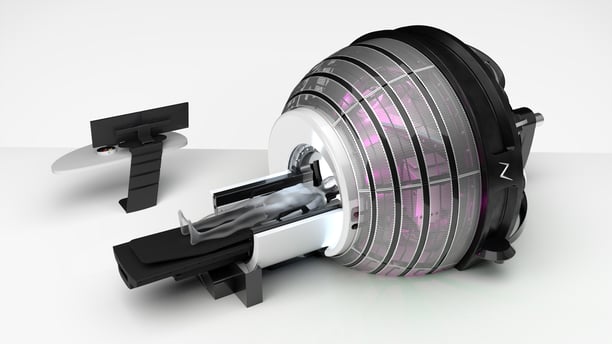
Their inability to travel can be caused directly by the type of cancer they suffer from, a previous illness or injury, or old age. They are likely already paying for someone to transport them, or someone is investing their time to help them get the treatment they need.
Patients often decide against getting treated with radiosurgery because the treatment centers are far. Having a mobile radiosurgery trailer near their home would remove much of the hassle and allow them to take the treatment.
Around 70% of the US population lives near a radiosurgery center, but what happens to other people? Nearly 100 million people would have to travel over 12 miles for such treatments.
There is increased demand for cancer treatments in the USA, which is expected to continue, with growing numbers of cancer cases over the past few decades. Over 1.8 million new cases were diagnosed in 2020, which is expected to rise to 2.4 million by 2035.
Many of those people will be from underserved places with inadequate healthcare infrastructure and far from a treatment center for their illness.
All cancer patients can benefit from mobile radiosurgery trailers because the machines at the hospitals or clinics can experience failure or a power outage. Events like these would leave them without treatment for the time being.
Having a radiosurgery trailer will enable the facility to continue with treatment with only a small adaptation and not leave the patients untreated.
Mobile radiosurgery trailers are trailers attached to a vehicle and equipped to carry radiosurgery equipment for cancer patients who have mobility limitations or don’t have access to radiation therapy where they live.
Here is some of the equipment they carry:
They are most commonly equipped with a radiation therapy machine like a linear accelerator (LINAC), gamma knife, and cyberknife.
It is a linear accelerator that emits precisely targeted radiation to the tumor. The machine uses electricity to generate targeted radiation with X-ray or electron beams to the cancerous tissue and minimize damage to healthy cells in the surroundings.
The LINAC is a sophisticated machine that is programmable for administering specific doses of radiation to cancer-based on its size, location, and type. It is advantageous because of its ability to deliver radiation from multiple angles.
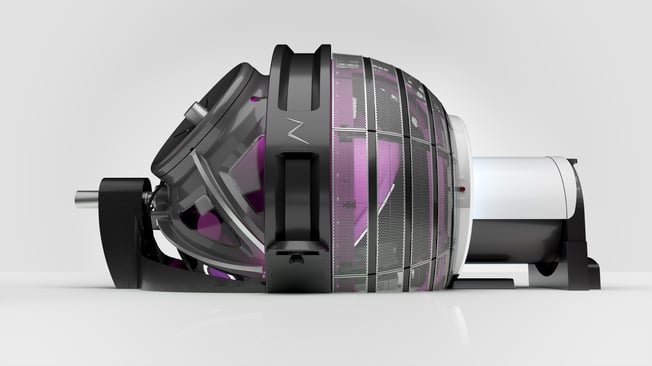
Using gamma rays, this device treats tumors by using a focused 200 thin beams of high-energy radiation directly to the tumor. It is most effective for treating smaller-sized tumors in the brain.
This device uses a robotic arm to deliver beams to the tumor from multiple angles. It’s advantageous for its ability to adjust to even the slightest movements the patient makes, like breathing. Therefore, the cyberknife machine is particularly useful for treating lung tumors or tumors of the brain or prostate.
Radiosurgery trailers also have imaging equipment like computed tomography scanners or magnetic resonance imaging machines. Sometimes patients would use the service of a radiosurgery trailer only to get scanned. These technologies are used to target the tumor and help isolate it from the healthy tissue.
A computer system is used to program the machines for optimal treatment. It plays a critical role in operating all the programmable equipment, like the radiation therapy machine, scanners, and climate control.
The computer system uses MRI and tomography scan data to create a 3D model of the tumor and its surroundings. It is equipped with software for treatment planning and advanced customization and optimization of the process.
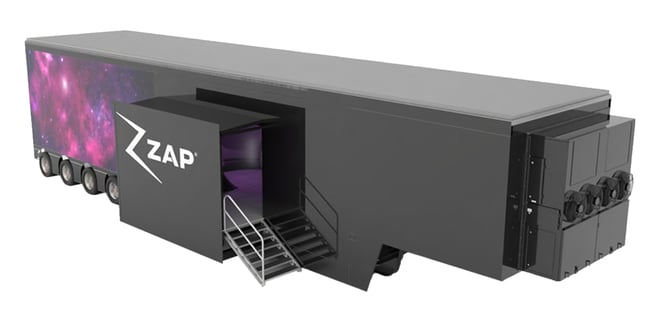
Radiosurgery trailers are also equipped with climate control, which provides the required temperature during the treatment. Radiation therapy delivers targeted radiation and can affect nearby healthy cells. The wrong temperature can amplify these side effects, so having the optimal temperature is crucial.
Other equipment includes radiation shields and other radiation protection equipment, ensuring safe procedures for the patients and staff.
Power systems such as generators and batteries provide the necessary energy for all of this equipment to work.
Not all cancer patients have the same access to radiosurgery. Because of their health condition or location, many people experience difficulties receiving necessary radiotherapy treatment to treat life-threatening diseases.
Mobile radiosurgery treatments are a revolutionary approach that enables millions more patients to access possibly life-saving treatments. It also saves a lot of time and money for the patients and people taking care of them, as it may take them hours to arrive on location.
People who can benefit from mobile radiosurgery trailers are those who live in remote locations and people with limited mobility. Even cancer patients who receive treatment at the healthcare facility can benefit from them because radiosurgery trailers are a good backup for cases when there is a power outage or malfunction.
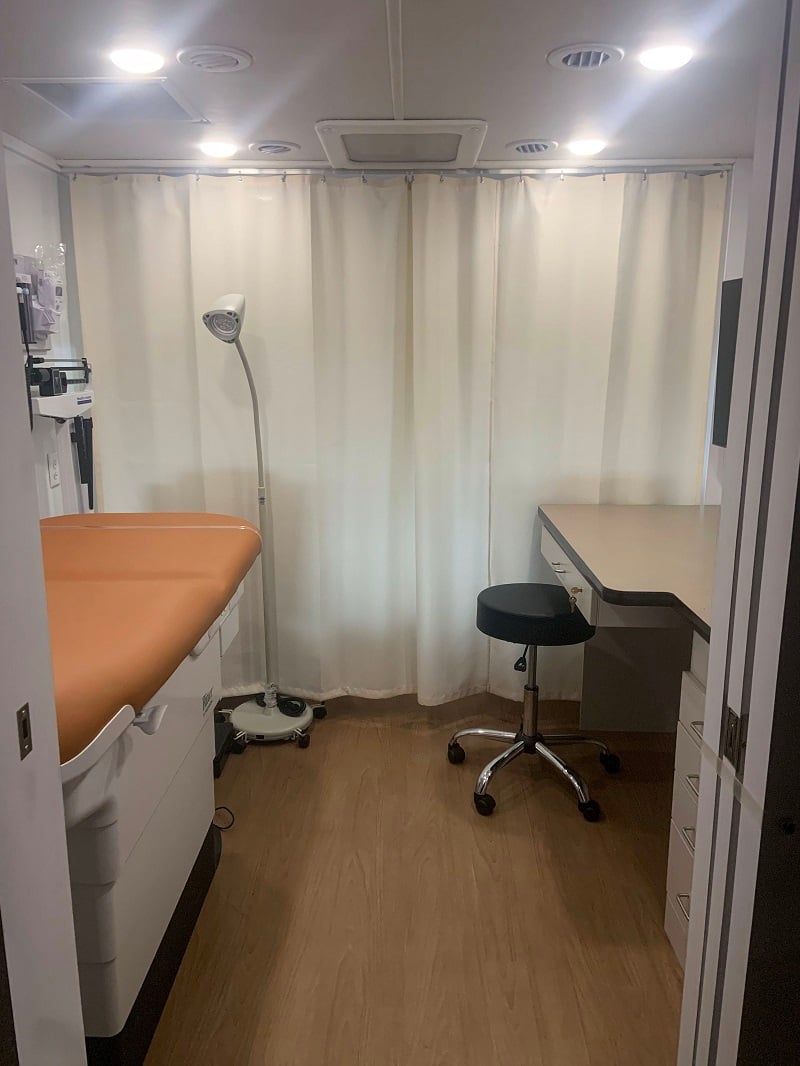
Mobile medical vehicles fill gaps in healthcare in the United States and many places throughout the world. Medical vehicles are typically large...
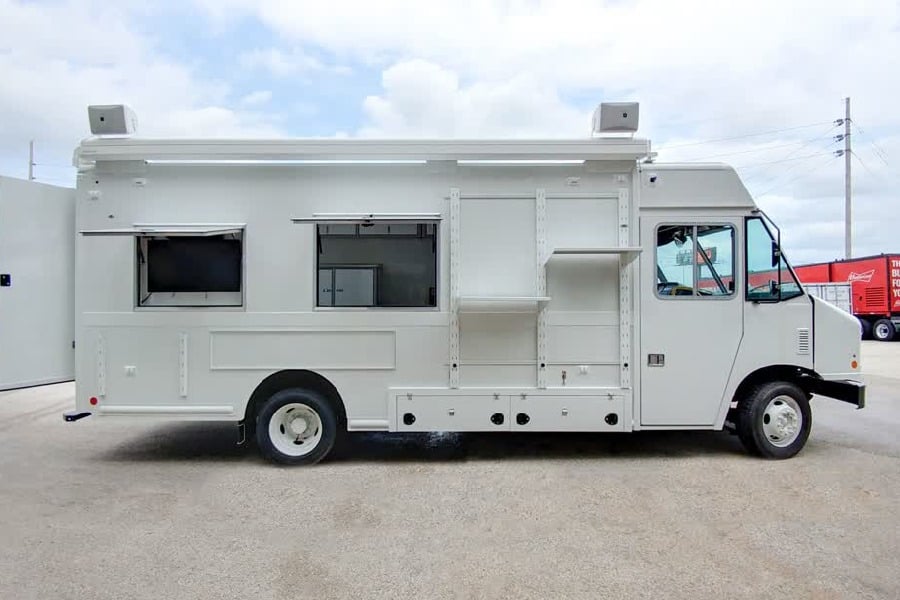
We recognize how difficult home dialysis is, presenting unique challenges for patients that require specialized equipment, professional assistance,...
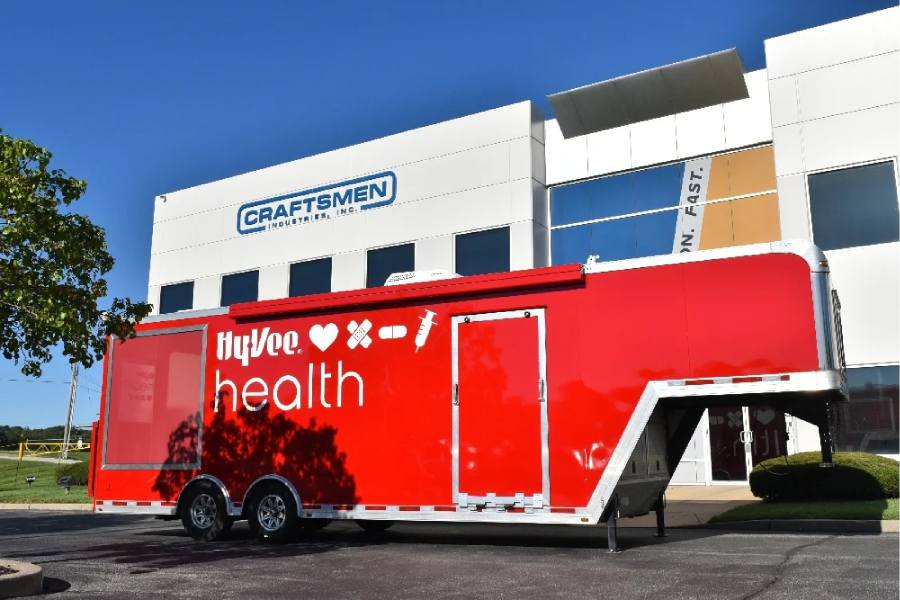
Mobile medical vehicles are highly sufficient types of vehicles used by healthcare providers who want to help underserved communities. But who...